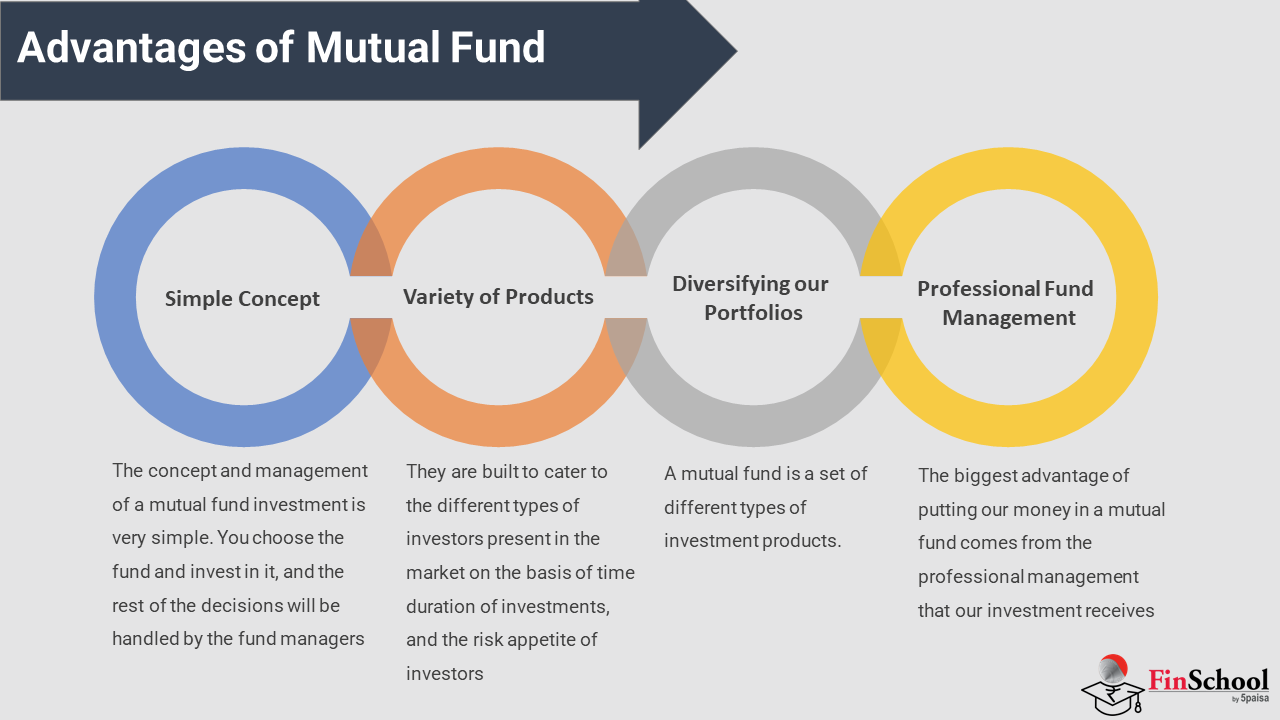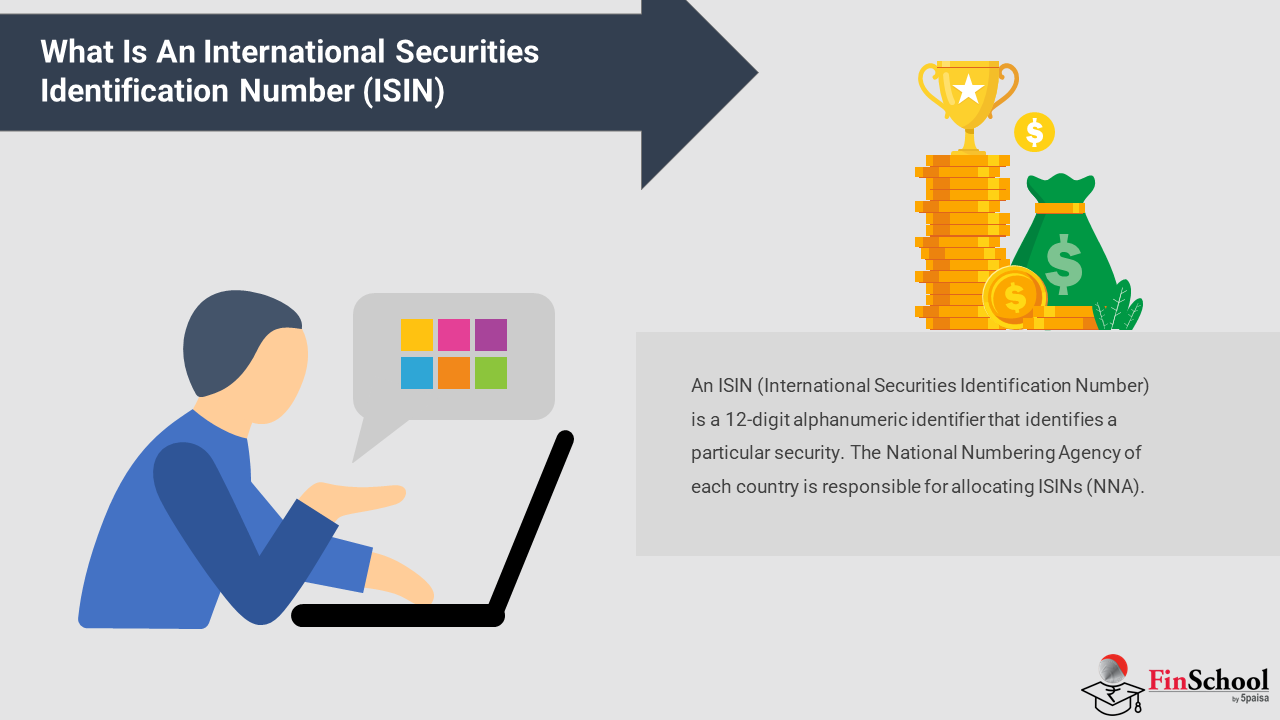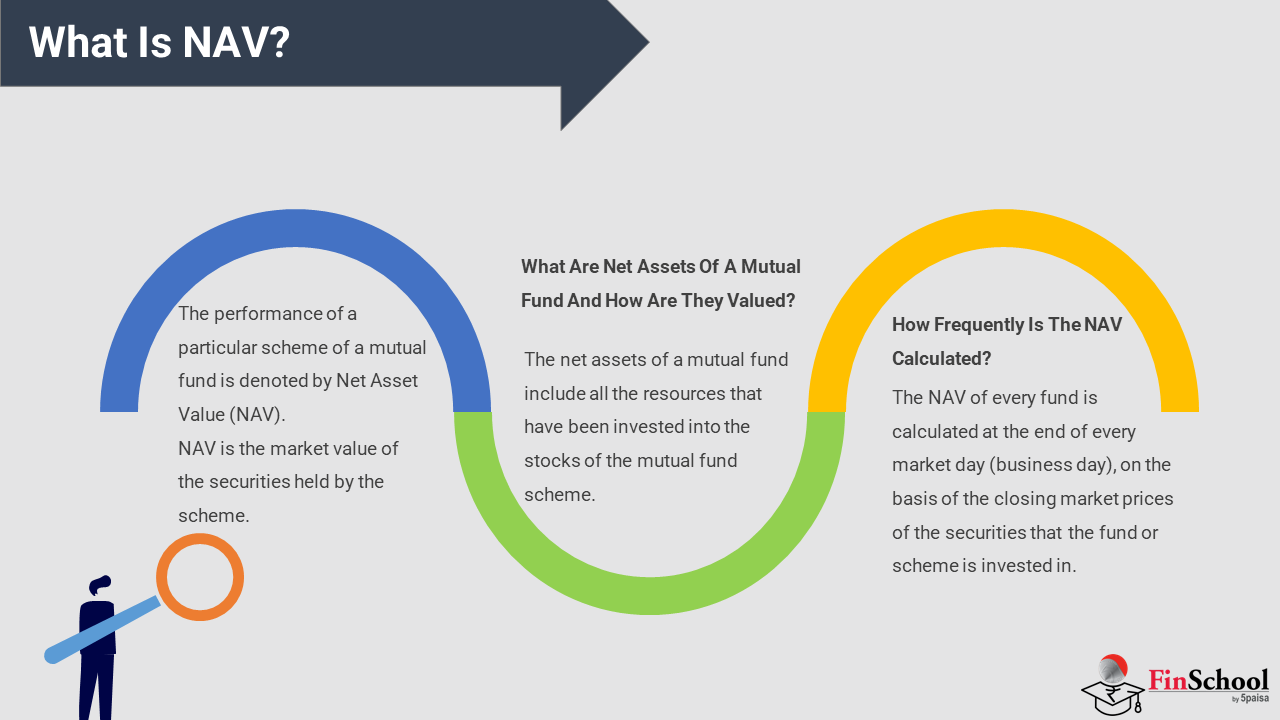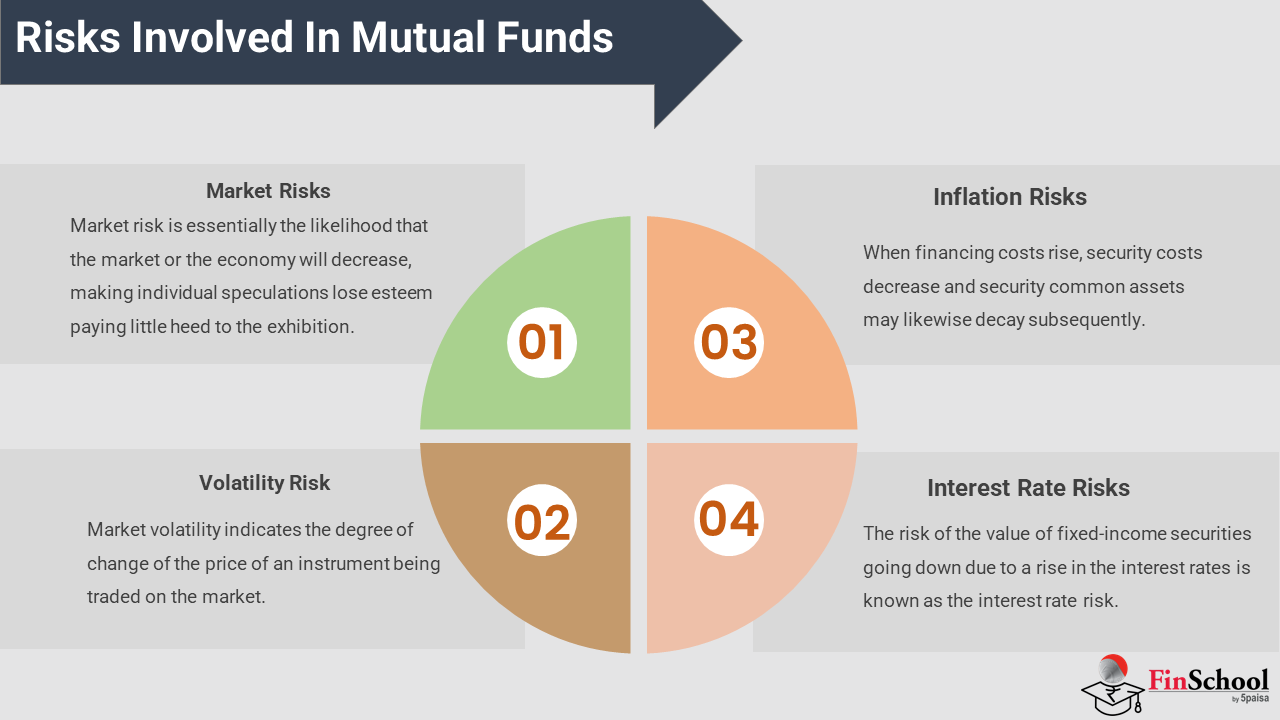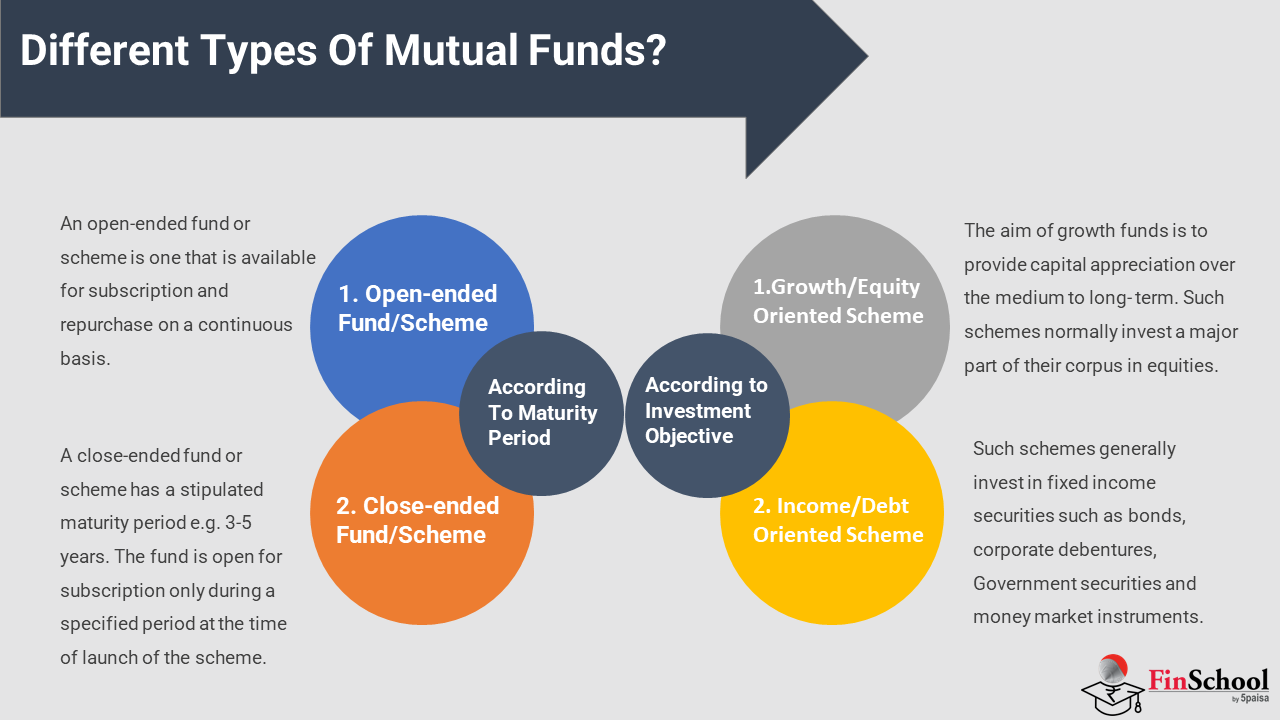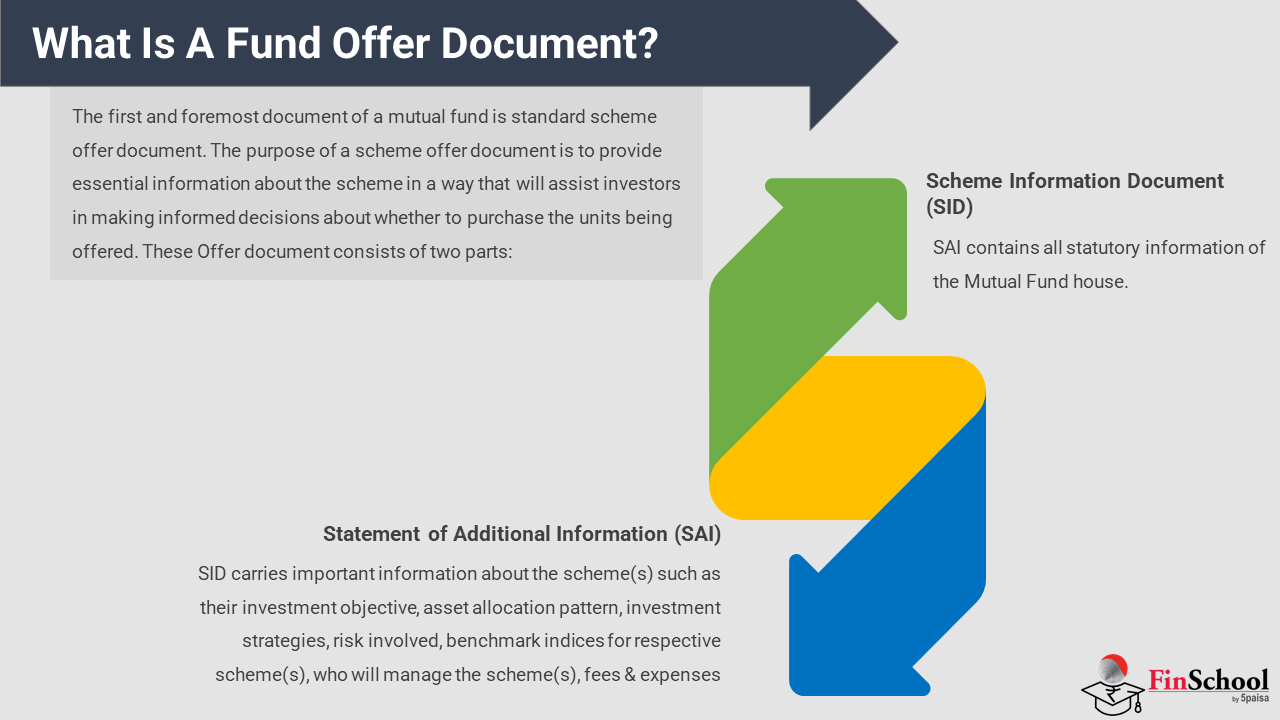- Study
- Slides
- Videos
5.1 What is Pledging
Pledging of shares in simple terms means taking a loan against the securities you own. It is a popular way of raising capital for individuals and companies, to meet their working capital requirements, clear existing debt etc. A share pledge means taking a loan against the shares in possession. In the process of pledging, companies, promoters, and individuals do retain their ownership of the shares. A pledge meaning indicates keeping something as collateral. Pledging allows investors to trade in high volumes as they have access to higher capital. Pledge meaning in the share market is to keep shares as collateral. Individual investors also pledge shares to obtain debt from banks or financial institutions to fund their trading margins.
5.2 How does Pledging Work?
Upon pledging the shares, the promoters cannot trade their shares unless they repay the loan amount. The lender will provide the loan of an amount considerably less than the value of shares as of that date because the market is dynamic and unpredictable. In the case of a bank and a financial institution, different lenders have different rules and the rates at which they provide the loan based on the market value of the shares.
As we know, the market is dynamic and unpredictable. So one cannot predict whether the value of pledged shares will rise or fall in the future. So, to ensure that the lenders have enough security against the loan, they provide clauses or terms & conditions in their contract with the promoters. Promoters have to give cash or pledge more shares if there is a fall in the market value of the shares. In case of a fall in the market value of shares, the promoters have to maintain the value of securities with the bank, for which promoters may have to introduce balance as cash or further pledge their shares to cover the gap between the ‘amount needed for security and the ‘market value of the pledged share.
If, in case of a fall in the market value of the shares, promoters are not able to provide more security to the lenders, then the lenders may reserve the right to sell the shares to recover the amount in their contract. In the contract, the lender already mentions the minimum amount that must be recoverable from the pledged shares. If the market value of the shares falls from that minimum recoverable amount, then the lender may sell the shares in the market to recover the best possible amount. In case this scenario occurs, then there are chances of a fall in the market value of that company as the stakeholders may become insecure about the future performance of the company and may decide to pull out their holdings which may lead to panic in the other stakeholders and further fall in the market value of the company. That is why it is considered the last resort for the company.
5.3 Why Promoters Pledge Shares ?
Pledging of shares is common in companies where promoter holding is high. During share pledge, ownership is retained by promoters. In a rising interest rate scenario, promoters often use shares owned by them as collateral for loans. If the majority owner in your company has pledged a sizeable chunk of his or her equity, it could trigger a volatile price movement in a falling market.
Shares of companies with high pledging of promoter holding tend to witness volatility. The Reserve Bank of India, in its latest Financial Stability report, flagged a concern over share pledge.
Higher the pledging, greater could be the risk of volatility in the company’s share price. This is because, as share prices fall, the overall value of the pledged collateral falls. This would put pressure on the promoter to produce more assets as collateral. Sometimes, the lender may also be forced to sell some of the shares to ensure that the loan does not turn into a bad loan. If the promoter is unable to meet obligations of borrowing, the ownership of shares is transferred to the lender, who may then sell it to recover loans.
In India, out of the over 5000 listed companies, promoters of 4274 companies had pledged all or some of their shares, according to an analysis by Securities and Exchange Board of India. This was quoted in the recent RBI Financial Stability report. Of these, promoters of 286 companies had pledged more than 50% of their shareholding. Nearly 90% of these companies belong to the small-cap category.
5.4 What is haircut?
A haircut margin in the case of pledging shares is to safeguard the interests of the lender. A haircut margin is the difference amount between the actual value of the shares against the collateral value. Let us assume, as an investor you are pledging shares with an actual value of Rs. 10 lakhs as per its current stock prices. The collateral value of these shares will be less than 10 Lakhs. The lender may provide a collateral value of let’s say Rs. 8 Lakhs. This means that the haircut percentage is 20% in this case. The lender does this due to the volatile nature of the stock market. If the share prices fall rapidly in an event, the lender may suffer significant losses if they don’t keep the haircut percentage.
5.5 Advantages of Pledging Shares
- Pledging involves obtaining a secure loan from the lender against the shares you own. Availing of secured loans is simple and they also attract low-interest rates compared to unsecured loans.
- Access to additional cash for various financial requirements, such as margin for trading or other financial needs is one of the key advantages of pledging shares.
- If an investor pledges shares, there is no tax liability associated with it.
- Pledging does not require the borrower to sell these shares. This means that if the markets are increasing the investment value also increases, and at the same time it also provides additional cash to the investors. Additional benefits like dividend income also stay intact and borrowers receive the benefit of it.
5.6 Disadvantages of Pledging shares
- A disadvantage of pledging shares is the risk associated with it.
- If the borrower defaults on the loan where shares are pledged as collateral, the lender may sell the shares in the market to recover the loan amount.
- The selling of shares by the lender for the high net-worth investor may lead to a further collapse in the prices of these shares, affecting other shareholders in the process.
- If the promoter of a company defaults on loans where shares are pledged as collateral, this can leave a negative impression of the company and its share prices can be impacted negatively for extended periods.
5.7 How do Investors or promoters pledge shares ?
- The investor or promoter has to submit a request for pledging shares using a terminal.
- After receiving a request from the investor, the terminal forwards the request to National Securities Depository Limited (NSDL) or Central Depository Services Limited (CDSL).
- The National Securities Depository Limited or Central Depository Services Limited authenticates the request via email or mobile to verify the PAN or BO ID.
- Once the request is approved, the collateral margin is available for trading to investors and promoters.



